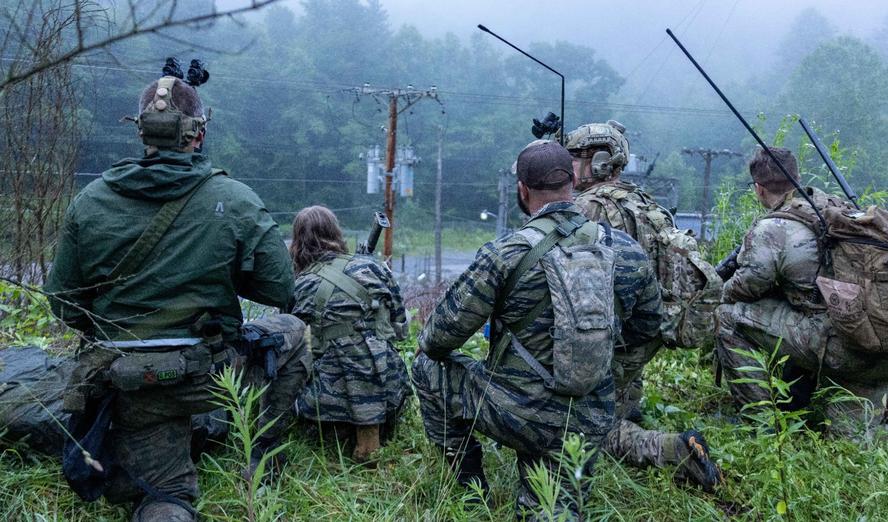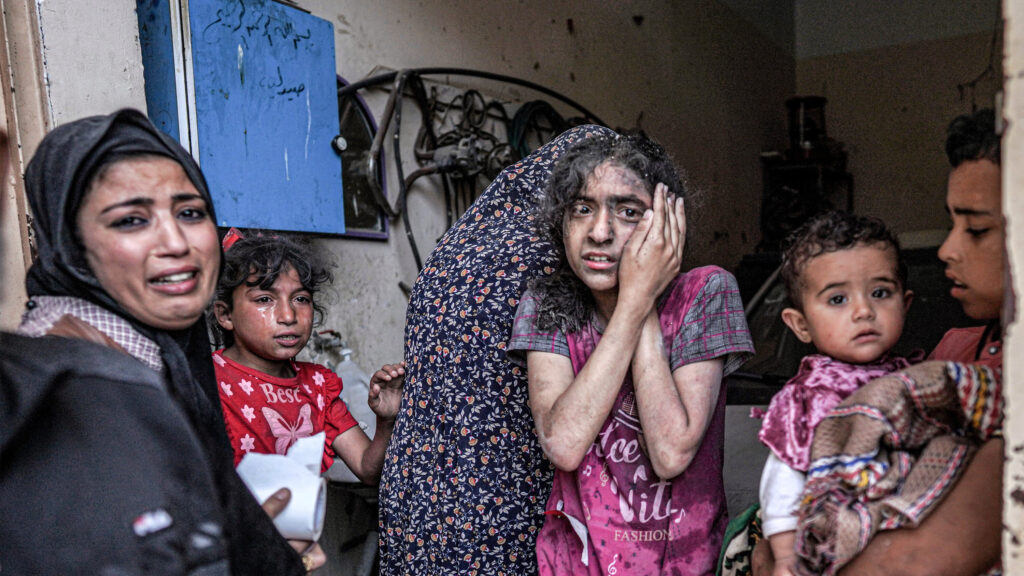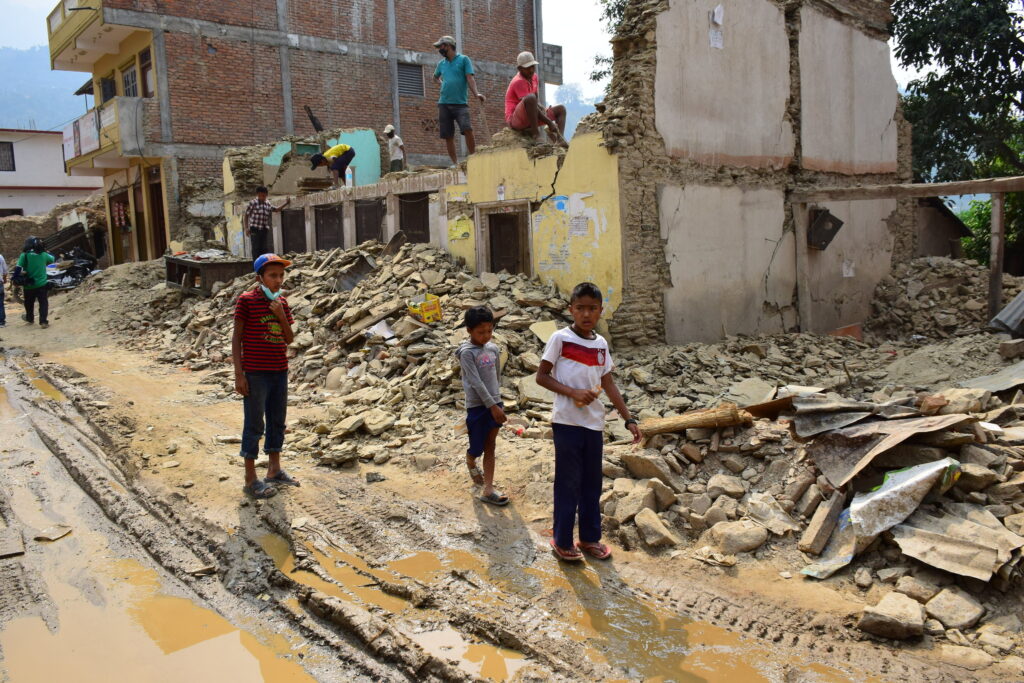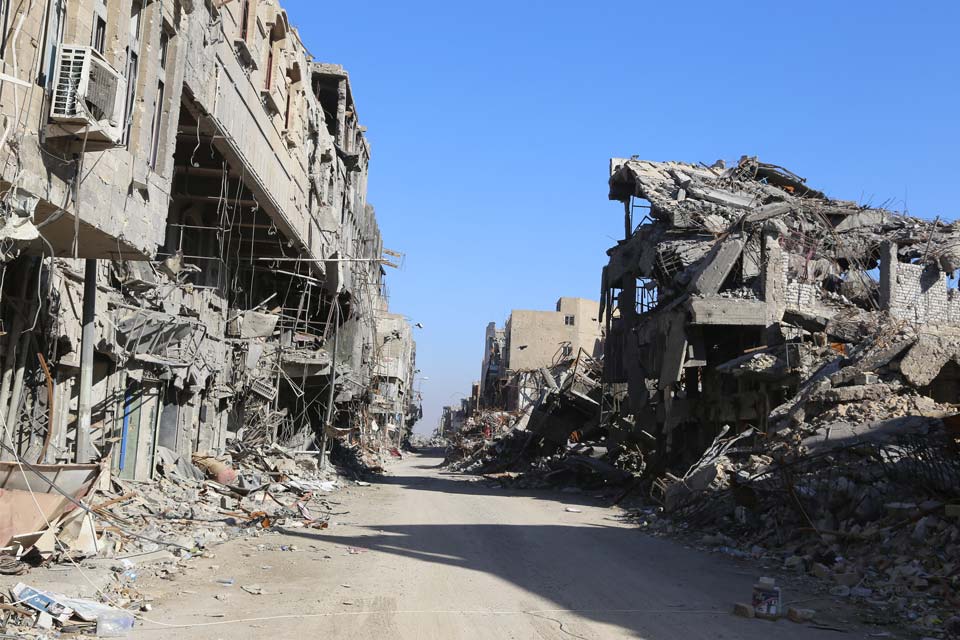Q: How does war affect mental health?
A: War significantly impacts mental health, leading to conditions like PTSD, anxiety, and depression. Survivors of war often struggle with trauma, which can affect their ability to lead normal lives and interact with others.
Q: What are the long-term economic effects of war?
A: The long-term economic effects of war include prolonged recessions, high unemployment rates, inflation, and reduced foreign investment. Rebuilding infrastructure and providing for displaced populations further strain national economies.
Q: How does war impact children?
A: Children exposed to war face severe psychological and developmental challenges. They may suffer from disrupted education, malnutrition, and mental health issues. The trauma experienced can also affect their future opportunities and quality of life.
Q: Why is cultural heritage often targeted in war?
A: Cultural heritage is targeted in war to demoralize and destabilize populations. Destroying cultural landmarks and historical sites erases parts of a society’s identity and history, making recovery and unity more difficult.
Q: Can the environment recover from war?
A: While the environment can recover from war, the process is often slow and challenging. Environmental degradation caused by military activities can have long-lasting effects on ecosystems and biodiversity, requiring significant efforts for restoration and rehabilitation.
Q: What is intergenerational trauma, and how does it affect societies?
A: Intergenerational trauma refers to the transmission of trauma from one generation to the next. It affects societies by perpetuating cycles of psychological distress, social challenges, and instability, hindering collective healing and development.








